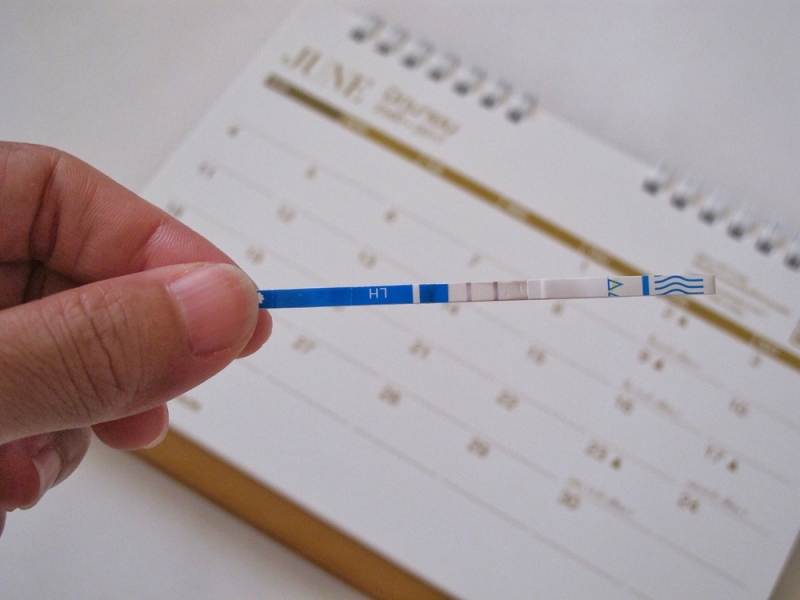Keeping track of when you ovulate can be an onerous task, especially if you have an irregular menstrual cycle for any reason. It is worth putting the work in though, especially if you’re trying to get pregnant. Today we’re taking a look at why this single event is so important, and how you can keep up to date with when you’re next going to ovulate.
Why Is It Important?
Keeping track of your menstrual cycle and ovulation dates are important for all sorts of reasons. They can help you monitor your general health, as your cycle departing from its usual regularity can be an indicator that things are not as they should be, whether the issue is illness, stress or the side effects from medication interfering with your hormones.
It’s especially important if you’re trying to get pregnant. If you’re not consciously trying to identify your fertile window, and try to conceive during the time when sperm stand a chance of surviving to encounter an egg and fertilise it, you’re cutting down on your chances of getting pregnant.
How to Identify Ovulation
If you have a very regular cycle, knowing when you ovulate could be as simple as using an ovulation tracker app – a calendar into which you mark the dates of your period. While it doesn’t take much work on your part to do this, an app won’t catch if the your ovulation is delayed or skipped, which can happen due to stress, as well as ongoing medical issues. It’s also not much help if your cycle is irregular – this can happen naturally or as a result of health issues like Polycystic Ovary Syndrome.
If you’re looking for a more detailed solution, and one that will let you know if your ovulation date is shifting, you have more options available. OPKs or ovulation predictor kits are convenient but not for everyone. They work like pregnancy tests, testing urine for the hormones that drive ovulation (most commonly LH or the Luteinising Hormone) and giving a positive answer when they detect the ovulation inducing surge.
Unfortunately, these simple tests lose a lot of their usefulness if you have any kind of condition that affects your hormones – such as PCOS, which the NHS estimates could affect as many as one in five women in the UK. The hormonal disruption clouds the key chemicals these tests look at and stop them giving a useful, accurate answer.
In cases like this you need to use your Basal Body Temperature, a measure that isn’t affected by hormone changes. Modern fertility monitors include thermometers that can take your core temperature while you sleep and cloud computing that can process the tiny variations in this basal temperature that tell you when you’re going to ovulate, and therefore when you’re at your most fertile!
